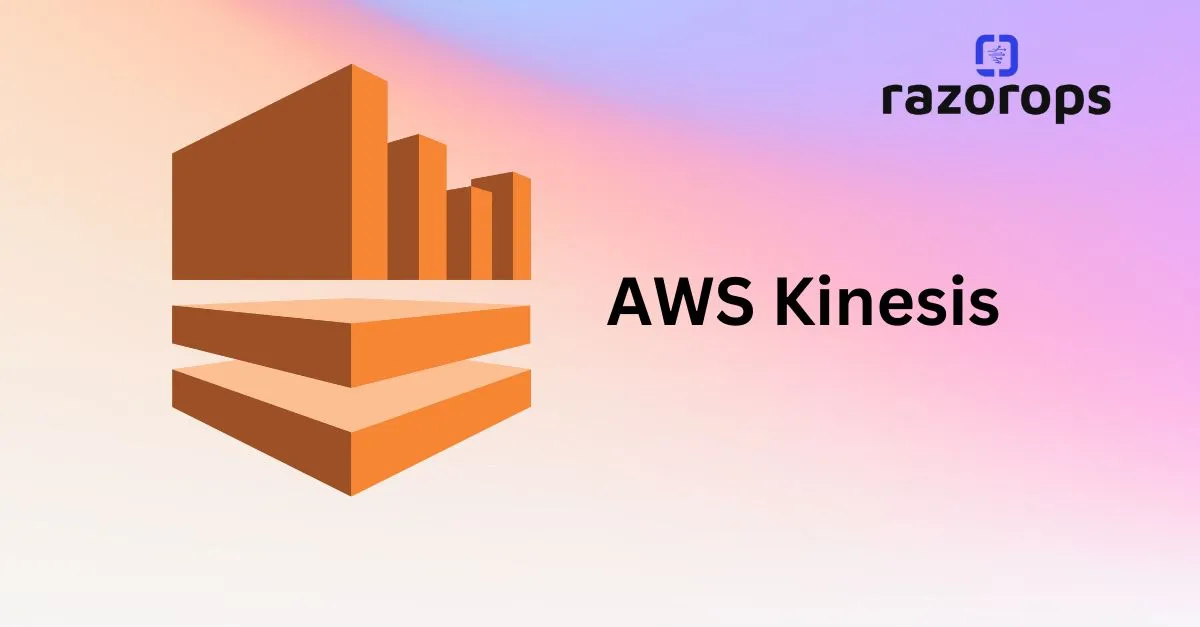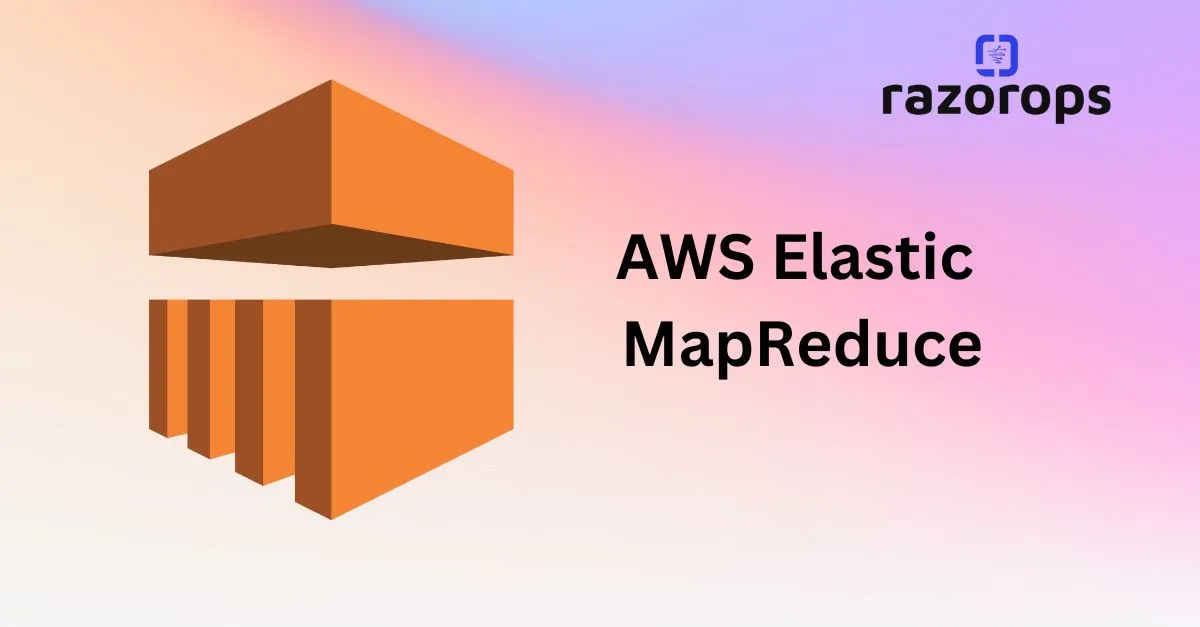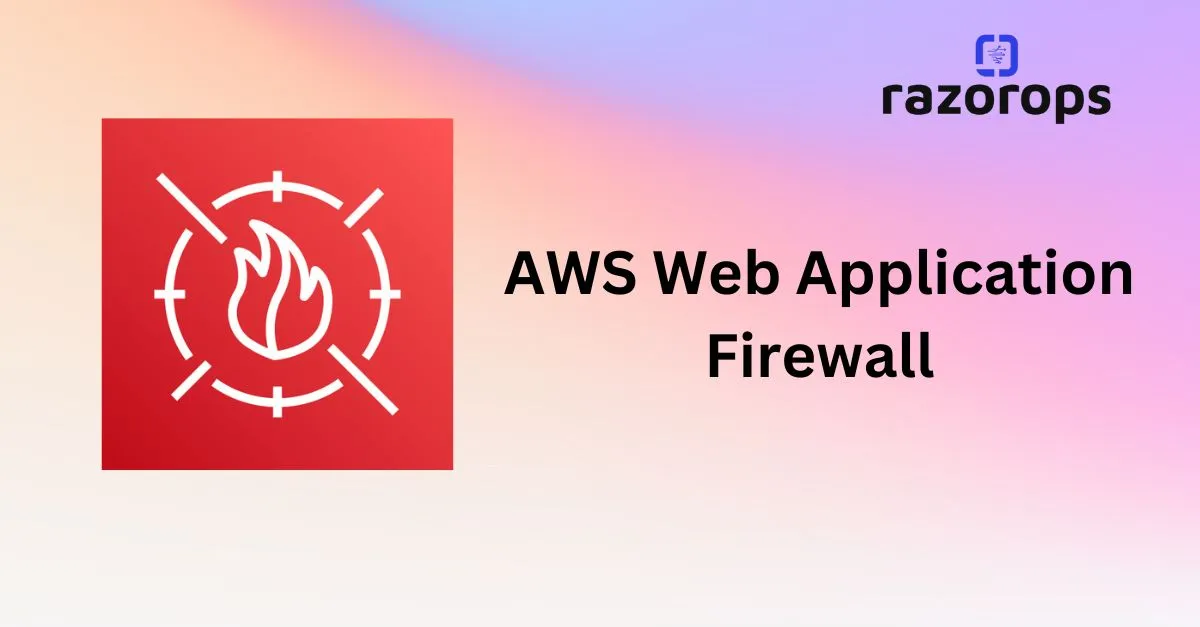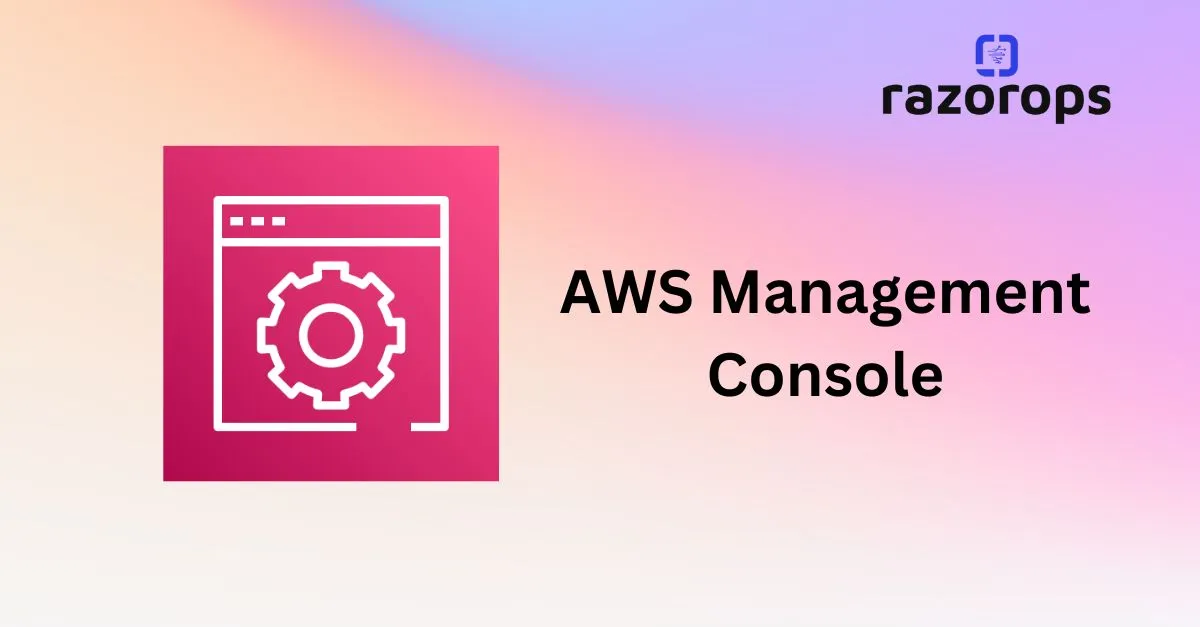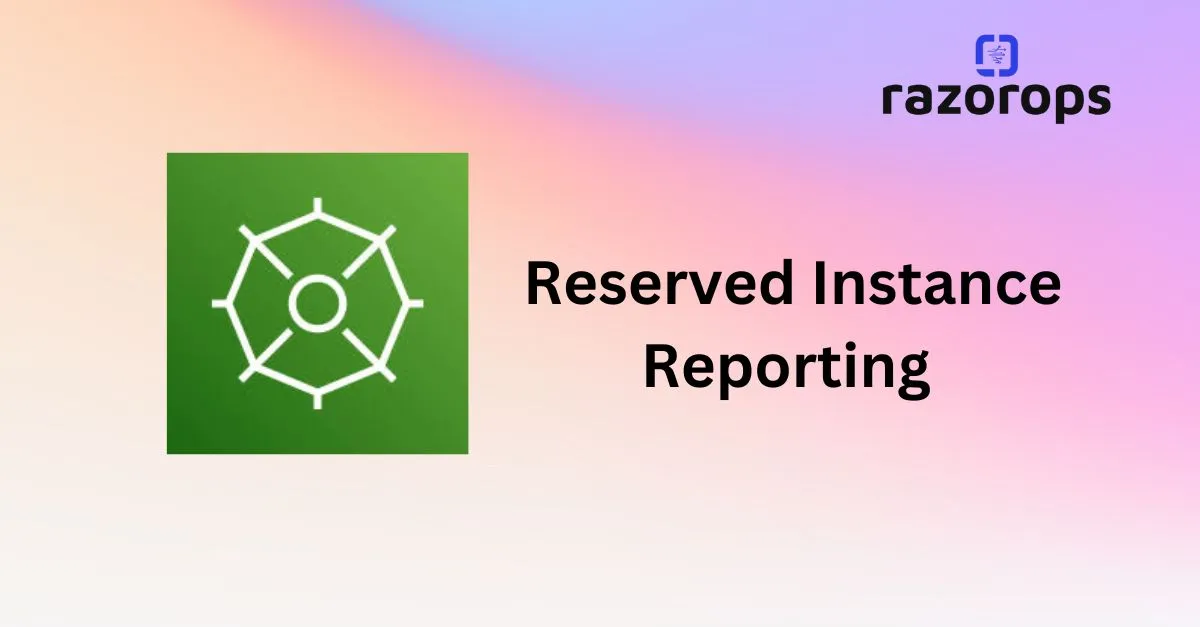AWS EBS - Elastic Block Store
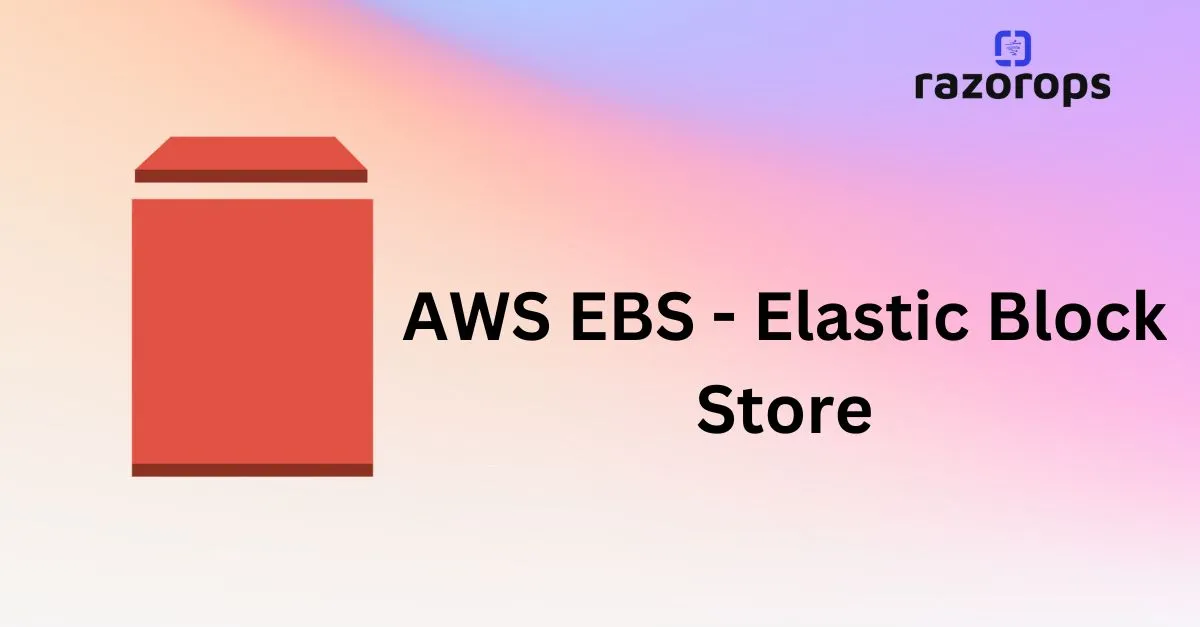
What is AWS EBS?
Amazon Elastic Block Store (AWS EBS) is a persistent block-level storage (volume) service designed to be used with Amazon EC2 instances. EBS is AZ specific & automatically replicated within its AZ to protect from component failure, offering high availability and durability.
Types of EBS:
Features:
● High Performance (Provides single-digit-millisecond latency for high-performance)
● Highly Scalable (Scale to petabytes)
● Offers high availability (guaranteed 99.999% by Amazon) & Durability
● Offers seamless encryption of data at rest through Amazon Key Management Service (KMS).
● Automate Backups through data lifecycle policies using EBS Snapshots to S3 Storage.
● EBS detached from an EC2 instance and attached to another one quickly
Key Points to Remember:
● Backup/Migration: To move a volume across AZs, you first need to take a snapshot.
● Provisioned capacity: capacity needs to be provisioned in advanced (GBs & IOPS)
● You can increase the capacity of the drive over time.
● It can be detached from an EC2 instance and attached to another one quickly.
● It’s locked to Single Availability Zone (AZ)
● The default volume type is General Purpose SSD (gp2)
● EBS Volume can be mounted parallely using RAID Settings:
○ RAID 0 (increase performance)
○ RAID 1 (increase fault tolerance)
● It’s a network drive (i.e. not a physical drive).
● Unencrypted volume can be encrypted using an encrypted snapshot
● Snapshot of the encrypted volume is encrypted by default.
● When you share an encrypted snapshot, you must also share the customer-managed CMK used to encrypt the snapshot.
Pricing:
● You will get billed for all the provisioned capacity & snapshots on S3 Storage
- Sharing Cost between AZs/Regions
EBS vs Instance Storee (ephemeral storage) :
● It is ideal for temporary block-level storage like buffers, caches, temporary content
● Data on an instance store volume persists only during the life of the associated instance. (As it is volatile storage - lose data if stop the instance/instance crash)
● Physically attached to ec2 instance - hence, the lowest possible latency.
● Massive IOPS - High performance
● Instance store backed Instances can be of maximum 10GiB volume size
● Instance store volume cannot be attached to an instance, once the Instance is up and running.
● Instance store volume can be used as root volume.
● You cannot create a snapshot of an instance store volume.
EBS :
● Persistent Storage.
● Reliable & Durable Storage.
● EBS volume can be detached from one instance and attached to another instance.
● EBS boots faster than instance stores.



